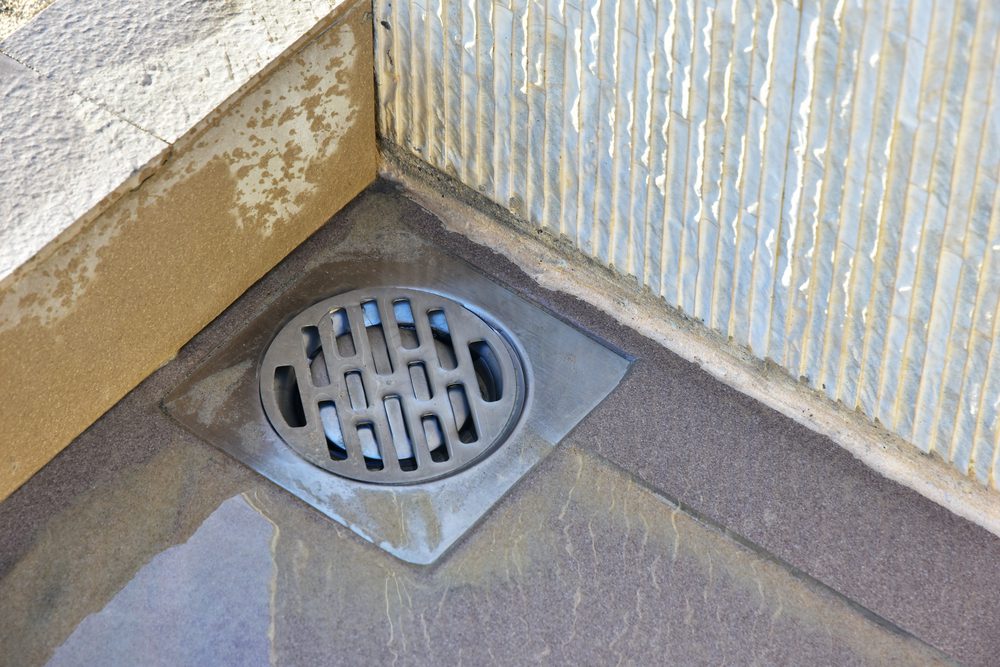Bathroom Drain Stinks: Causes & What To Do

Unpleasant odors emanating from bathroom drains can be a common and bothersome issue for many homeowners. If you’re dealing with a foul smell coming from your bathroom drain, you’re not alone. In this article, we’ll explore the causes of bathroom drain stinks and provide practical solutions to address the problem effectively.
Identifying the Issue
The presence of a foul odor emanating from your bathroom drain can be both unpleasant and concerning. Whether it’s a musty smell, a sewer-like stench, or a rotten egg odor, identifying the cause of the problem is the first step toward finding a solution. Understanding the underlying causes of bathroom drain stinks can help you effectively eliminate the odor and prevent it from recurring in the future.
Accumulation of Hair and Soap Scum
One common cause of bathroom drain stinks is the accumulation of hair and soap scum in the drain pipes. Over time, hair, soap residue, and other debris can build up inside the drain, creating a breeding ground for bacteria and fungi that produce foul odors. As water passes through the drain, it can dislodge these organic materials and release unpleasant odors into the air.
Bacterial Growth
Bacterial growth inside the drain pipes is another culprit behind bathroom drain stinks. Bacteria thrive in moist and dark environments, making drain pipes an ideal breeding ground. As bacteria break down organic matter trapped in the drain, they release sulfur compounds that produce foul-smelling gases such as hydrogen sulfide, which can cause the characteristic rotten egg odor associated with sewer gas.
Blocked Vent Pipes
Blocked or clogged vent pipes can also contribute to bathroom drain stinks by preventing proper ventilation and allowing sewer gases to accumulate inside the drain system. Vent pipes are designed to allow sewer gases to escape safely to the exterior of the home, but if they become blocked by debris or obstruction, gases may back up into the drain pipes and cause unpleasant odors to waft into the bathroom.
Dry P-Traps
The P-trap, a curved section of pipe located beneath the sink or shower drain, is designed to hold water and create a barrier that prevents sewer gases from entering the home. However, if a drain is infrequently used or if the water in the P-trap evaporates over time, it can create an open pathway for sewer gases to escape into the bathroom, resulting in foul odors.
Sewer Line Issues
In some cases, bathroom drain stinks may be indicative of more serious sewer line issues, such as a damaged or broken sewer pipe, tree root intrusion, or sewer line blockage. If multiple drains in your home are emitting foul odors or if you notice other signs of sewer line problems, such as slow drains or gurgling noises, it’s essential to address the issue promptly to prevent further damage and ensure the safety of your home’s plumbing system.
What To Do: Solutions for Bathroom Drain Stinks
Now that we’ve explored the common causes of bathroom drain stinks, let’s discuss effective solutions to eliminate unpleasant odors and keep your bathroom fresh and odor-free. Depending on the underlying cause of the problem, you may need to try one or more of the following remedies:
Clean the Drain
Cleaning the sewer drain is important. Start by removing any visible hair, debris, or soap scum from the drain using a drain snake or brush. You can also try pouring a mixture of baking soda and vinegar down the drain followed by hot water to break down organic buildup and eliminate odors.
Flush the Drain
Run hot water down the drain for several minutes to flush out any remaining debris and bacteria. You can also add a few drops of essential oil, such as lemon or tea tree oil, to the hot water to impart a fresh scent and disinfect the drain.
Check Vent Pipes
Inspect the vent pipes on your roof to ensure they are free from obstructions or blockages. If necessary, clear away any debris or vegetation that may be obstructing the vents to allow for proper ventilation and airflow.
Maintain P-Traps
Regularly pour water down infrequently used drains to refill the P-traps and prevent them from drying out. You can also add a small amount of mineral oil to the P-trap to create a protective barrier and prevent evaporation.
Consult a Professional
If you suspect that the foul odor is due to a more serious sewer line issue, such as a damaged sewer pipe or blockage, it’s best to consult a licensed plumber for assistance. A professional plumber can conduct a thorough inspection of your plumbing system and recommend appropriate repairs or maintenance measures to resolve the problem. You can also consult them if you need a drain cleaning service.
